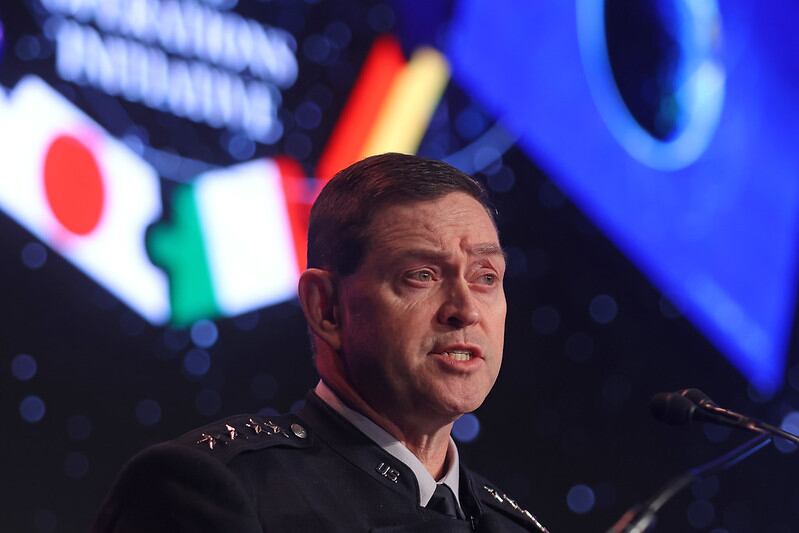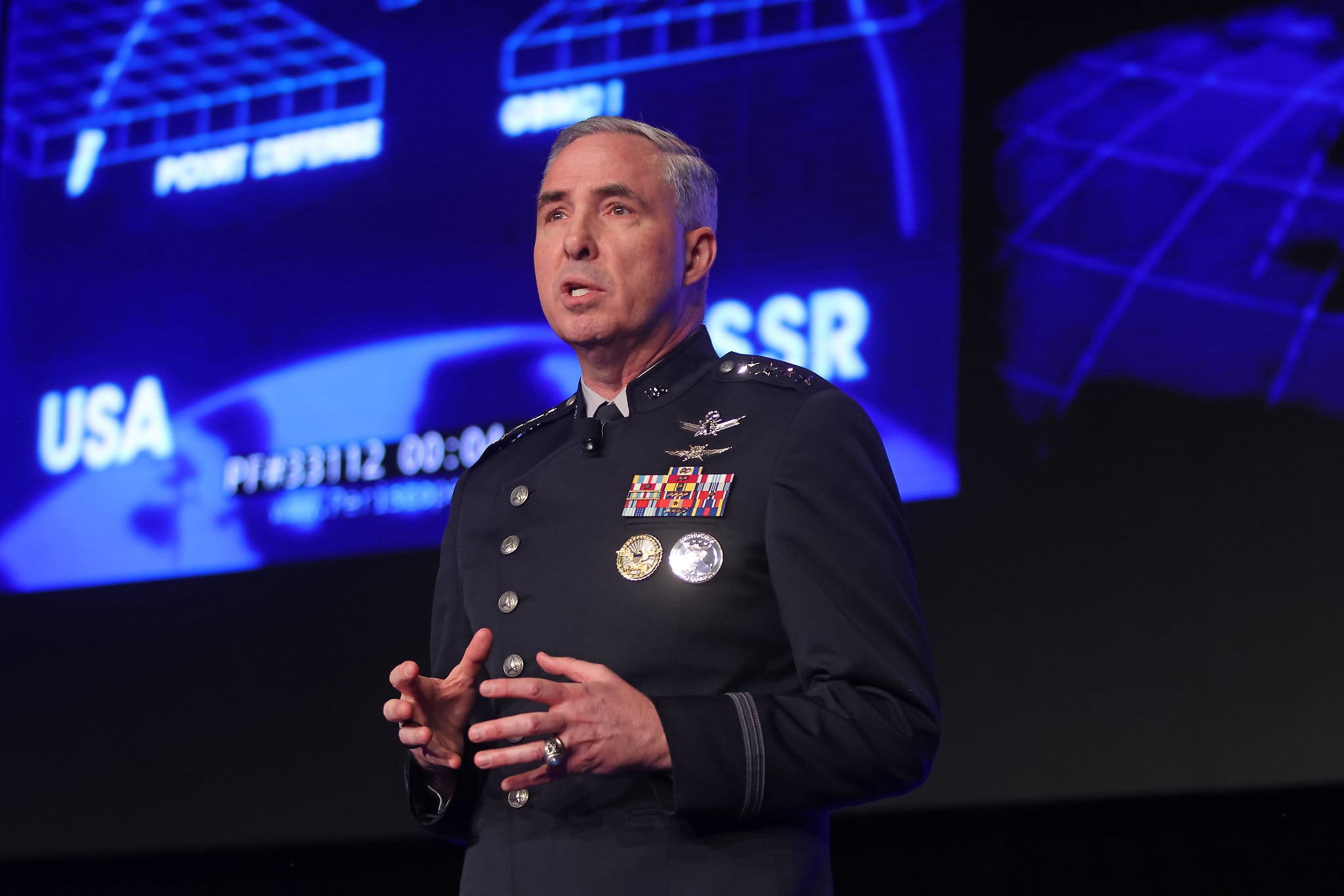The Navy is making major changes at its senior levels by creating a new special assistant to the secretary that will oversee cybersecurity, data and information.
The effort, announced by Under Secretary Thomas Modly at the Pentagon Aug. 16, is essentially reimagining the service’s chief information officer position. The changes come following a department-wide cybersecurity review that leaders kicked off last year.
Modly said the review’s conclusions ― which the secretary of the Navy commissioned a year ago in response to significant breaches in the Navy’s industrial base ― “pretty forcefully made recommendations that we should organize differently to address this particular threat.”
As part of a new setup, Modly said the special assistant will oversee four directorates:
- The Navy’s chief technology office, which will be responsible for guiding acquisition and priorities around the technical infrastructure;
- The service’s chief digital strategy office, which will be responsible for moving the Navy into a digital era by leveraging applications, adopting best commercial practices and managing digital information;
- The Navy’s chief data office, which will help structure data that can be used in areas such as artificial intelligence and analytics;
- A chief information security/cybersecurity office that will help guide the Navy through a cultural shift to improve poor cyber hygiene, which has been the culprit for major breaches.
“It’s going to be far more strategic than I think the former [Department of Navy] CIO office was,” Modly said. “It’s the broader portfolio. It’s the digital strategy, it’s the data strategy, it’s the whole chief technology piece that will reside underneath there.”
The original plan the Navy had — creating an assistant secretary of the Navy — was rejected by Congress. The special assistant role was plan B, Modly said. This new hierarchy requires no legislation and still elevates the roles of cybersecurity, data and information to a senior level.
Modly said a “very credible” individual has been selected for the special assistant role but declined to offer a name.
The new office will have two military deputies: Vice Adm. Matthew Kohler, deputy chief of naval operations for information warfare and director of naval intelligence, and Lt. Gen. Lori Reynolds, deputy commandant for information. This provides representation for the Navy and Marine Corps at senior levels.
The office, which Modly hopes to formally establish in weeks, will include about 15 to 20 government staff through the four directorates.
The office also plans to bring in personnel from the private sector by taking advantage of new authorities from Congress that allow for more competitive compensation as a way to bolster expertise in the community.
Mark Pomerleau is a reporter for C4ISRNET, covering information warfare and cyberspace.








